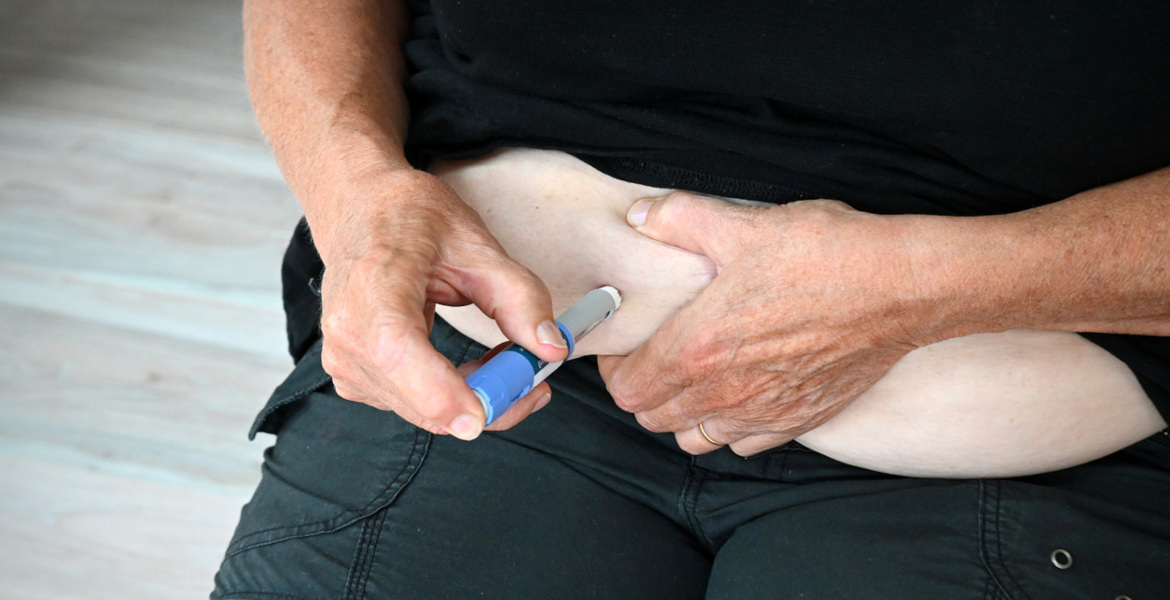Swedish women who suffer severe complications during their first pregnancy are less likely to have more children in the future, according to a study from Karolinska Institutet, Sweden’s leading medical university.
In the study, published in Jama, researchers examined the relationship between severe morbidity in first-time mothers and their likelihood of having more children. The study included over one million women in Sweden who had their first child between 1999 and 2021.
According to the study, 3.5% of women experienced serious complications during their pregnancy. Of these, 12% were less likely to have more children as a result of the complications.
– We found that the likelihood of having more children was significantly lower among women who experienced severe illness during their first pregnancy, childbirth or early postpartum period. These events can often affect women for a long time to come, both physically and psychologically, says Neda Razaz, Associate Professor at Karolinska Institutet and one of the researchers behind the study in a press release.
Fewer children are born
Women who suffered from heart problems, uterine rupture or severe deterioration in their mental state were least likely to have more children. Compared to women without complications, these women were half as likely to have children
Among women who needed ventilator care or suffered a cerebral hemorrhage during their first pregnancy, 40% were less likely to have more children. Complications such as acute renal failure, severe pre-eclampsia and blood clots were also linked to a reduced likelihood of further pregnancies.
The number of births in Sweden has decreased while infertility has increased in recent years and the researchers emphasize the importance of better monitoring and follow-up in maternity care.
– The clinical follow-up of these women is very important and they need individualized counseling about possible future pregnancies, says Eleni Tsamantioti, PhD student at the Department of Medicine at Karolinska Institutet and one of the researchers behind the study.







